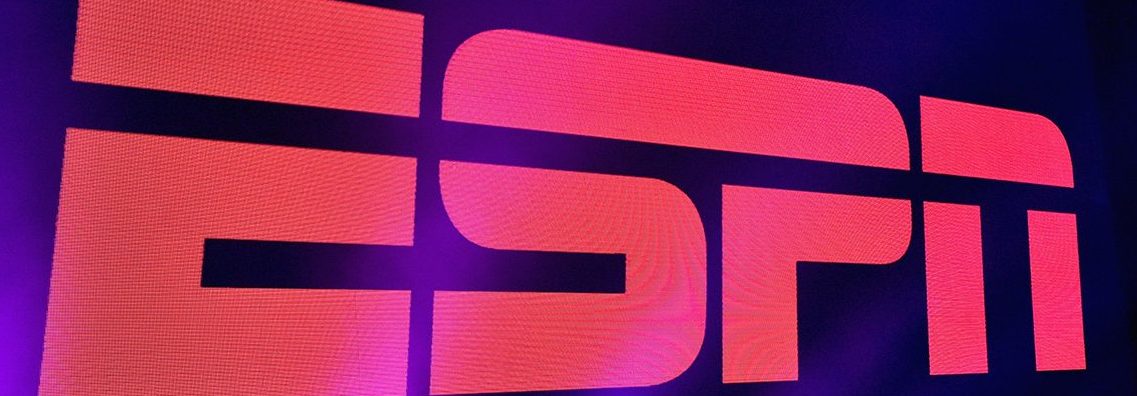ESPN public editor Jim Brady went on a long and convoluted Twitterstorm to publish, backtrack, and then clarify his position on ESPN SportsCenter host Jemele Hill’s statements about President Trump. (And along the way, Brady also publicly fired, via Twitter, a freelancer who referred to him as the “dumbest person alive.”)
A quick refresh: In a series of tweets on Sept. 11, Hill, who co-hosts the 6:00pm SportsCenter—”The Six”—with fellow African-American commentator Michael Smith, referred to President Trump as a “white supremacist” who is the “most ignorant, offensive president of my lifetime.”
“His rise is a direct result of white supremacy. Period,” Hill tweeted. Her comments inspired a wave of backlash and controversy; ESPN released a statement saying the opinions were Hill’s alone and did not reflect the views of the company. The network even reportedly tried to boot Hill off the air, but was stymied when her co-host and other colleagues refused to do the show without her. Hill has since issued an apology to ESPN, notably leaving out an apology to President Trump himself. (For the record, he wants one.)
Enter Brady. On September 16, he published a column saying that he believes Hill made a mistake, saying that while she may hate the president, she is a high-profile TV host working for a major media company that has clearly established rules for how its employees should engage in political discussions.
“With the salary and prominence ESPN provides Hill comes some responsibility to play by the network’s rules, and, in this case, she crossed the line set by management just five months ago, when ESPN released revised guidelines about political discussions,” Brady wrote, citing said guidelines, which says employees should avoid “personal attacks or inflammatory rhetoric.”
“While one’s definition of what is inflammatory or a personal attack depends to some extent on your world view, but it’s hard to argue that ‘white supremacist’ isn’t pushing that line,” Brady wrote.
Thus, the tweetstorm. Deadspin reported that Brady received a “significant amount of feedback” following the column’s publication, and then tried to “clarify his thoughts on an even more restrictive medium.” Following additional backlash from his tweets, he screenshotted them, deleted them, then re-uploaded them with new tweets.
I’m going to delete the tweet shown below. Many of you misunderstood the intent, because, well, I wrote it really poorly and quickly. /1 pic.twitter.com/Ruv3Oxbk68
— ESPN Public Editor (@ESPNPublicEd) September 16, 2017
As always, think before you tweet.
The point was the press is doing its job, and reporting facts that can be used by any citizen to judge the president on this subject. /2 pic.twitter.com/9kO6ESgdBV
— ESPN Public Editor (@ESPNPublicEd) September 16, 2017
And my position – as unpopular as it may be to some – is that we let the reporting do its work, and resist more incendiary labels. /3 pic.twitter.com/99eEW7zL9F
— ESPN Public Editor (@ESPNPublicEd) September 16, 2017
So, yeah, this was poorly worded. Apologies for that. Been responding to a lot of threads this evening. https://t.co/DnjhDpEXtJ
— ESPN Public Editor (@ESPNPublicEd) September 16, 2017
Thanks. Others think I’m having a nervous breakdown. But I promised a Q&A, and had a flight home from Denver, so here we are. https://t.co/5WdtSSTd58
— ESPN Public Editor (@ESPNPublicEd) September 16, 2017
Whether you’re looking to get into shape, or just get out of a funk, The Charge has got you covered. Sign up for our new wellness newsletter today.


















